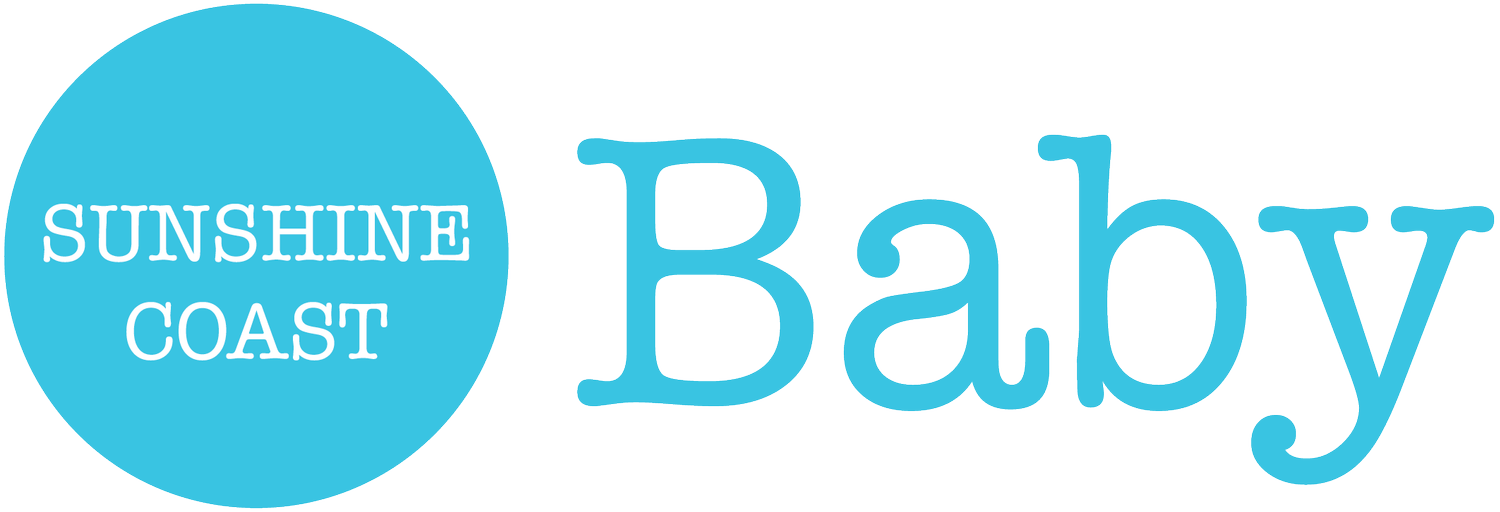Thinking about Placenta Encapsulation? Here’s what you should ask your encapsulator:
By Natalie Stokell
Given the nature of placenta encapsulation, it is wise to consider who is encapsulating your placenta, there are certain things that are super important to think about when choosing your placenta encapsulator. Here’s what you should ask your encapsulator:
What is your sanitation protocol?
This is a biggie. Proper sanitation is vital in terms of safety with regards to blood borne pathogens and also food safety guidelines. A properly trained person will understand the importance of sanitation standards, they will know the correct chemicals to use and the most effective ratios to use them at.
Are you qualified?
Ideally the answer is yes, but even then the standards in qualifications vary from a 2 hour face to face or online course, to a six month multi module fully assessed certification. If they aren’t certified you could ask what training and mentorship they have received.
Are you insured?
Again the answer is ideally yes, because insurance will indicate that they are certified (as they will need to send in their documents to receive insurance).
How many placentas have you encapsulated?
This isn’t a make or break question, but will give you an indication of their experience, which is something to consider when it comes to situations involving medical conditions and the contra-indications with regards to encapsulation.
How do you ensure my placenta is safe for consumption?
This is another biggie, their answer should include storage temperatures, contraindications, food safe processing temperatures, sanitation, transportation and storage guidelines.
What are your storage guidelines?
Placentas for consumption need to be kept food safe and follow food safety storage guidelines. Your encapsulator should give you detailed instructions on how to keep it stored safely until collection, they will likely test the temperature upon when they collect it, and they should ensure it is kept at food safety temperatures in the time between collection and processing. They should err on the side of caution.
If I have meconium, can I still encapsulate my placenta?
Yes! As long as your encapsulator is following food safety guidelines and temperatures, you can still encapsulate your placenta if you have meconium.
Can I keep a piece for burial?
Yes! Planting your placenta, or part of your placenta, is a beautiful tradition that many cultures practise. In New Zealand the Te Reo Maori word for placenta is ‘whenua”, this is also the word for land. The Maori believe that humans came from earth and so returning the placenta/whenua to the land/whenua is a sign of respect and thanks. If you are planting your placenta in Australia your encapsulator can keep a piece aside for you which you can then freeze until you are ready to plant. And if you are wanting to plant overseas then you could simply save some capsules and plant the powder.
And here’s what you shouldn’t ask your encapsulator:
Can I get some placenta capsules from you if I don’t have a placenta?
No! The only way you can have placenta capsules is if you provide your own placenta. As the benefits of placenta consumption are becoming more widely known people are catching on to the benefits, but there are many reasons why you have to provide your own placenta, not the least of which is potential transmission of blood borne pathogens.
My placenta had to go to pathology, can I still encapsulate it?
No. Unfortunately if the placenta has been sent away for testing it is not safe for consumption as we have no idea how it has been treated in pathology. If your medical professionals are wanting to test your placenta you can request that a swab is taken instead, and you can keep the placenta with you on ice while you are waiting for the results. Then if your swab comes back all clear the placenta can still be encapsulated.
I am on X medication, can I still encapsulate my placenta?
This is nuanced, you can of course ask this, and it’s a good idea to tell about any medication you are taking. They can let you know the general guidelines around medication and encapsulation. However it is outside their scope of practice to answer this directly. Most likely they will request that you speak to your medical professional, and they may also be able to share any past clients’ experiences.
Can my partner take some of my capsules?
No. Your placenta encapsulator should only be preparing your placenta for you and will recommend that the capsules are only for your consumption. (However if your partner does take some your encapsulator would likely love to hear their feedback as most placenta encapsulators are also placenta nerds and research geeks).
Have you encapsulated for anyone famous?
Since the Kardashians shared placenta encapsulation it has become more mainstream and more people are embracing it. The Sunshine Coast is small, and your encapsulator hopefully practises client confidentiality. They would only answer this if the famous person themselves has publicly announced that they encapsulated with said encapsulator.
Natalie Stokell has encapsulated over 1500 placentas. She is fully trained, certified and insured. She loves talking placentas, so please feel free to reach out with any questions. She can be found at www.placentavitality.com.

